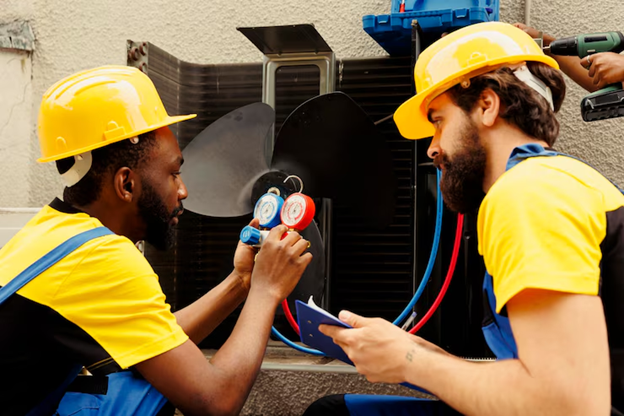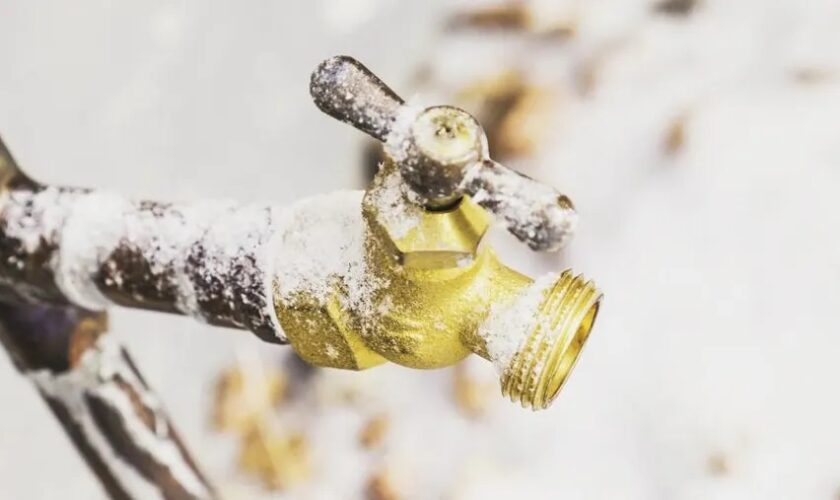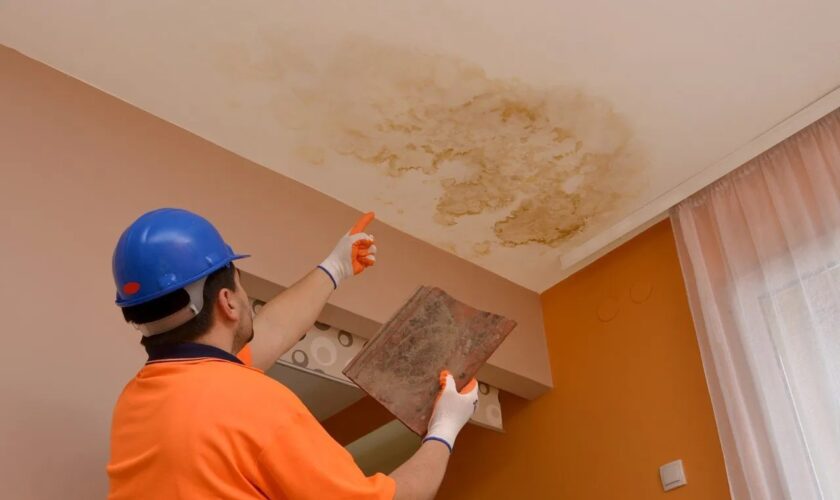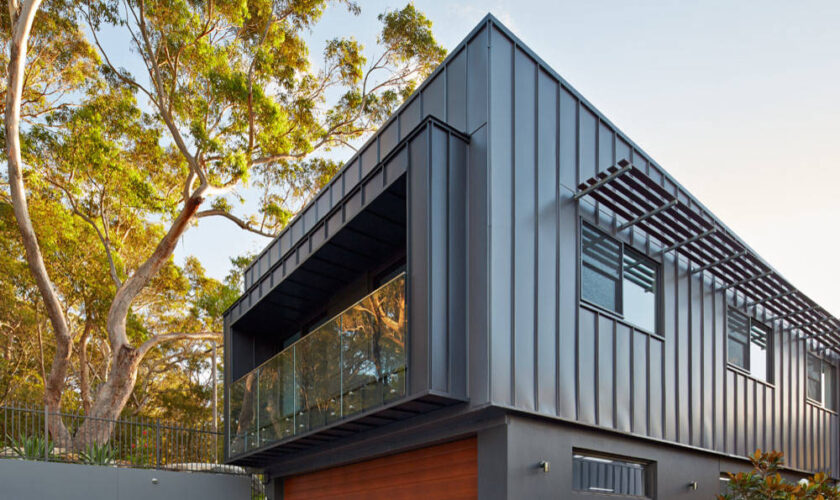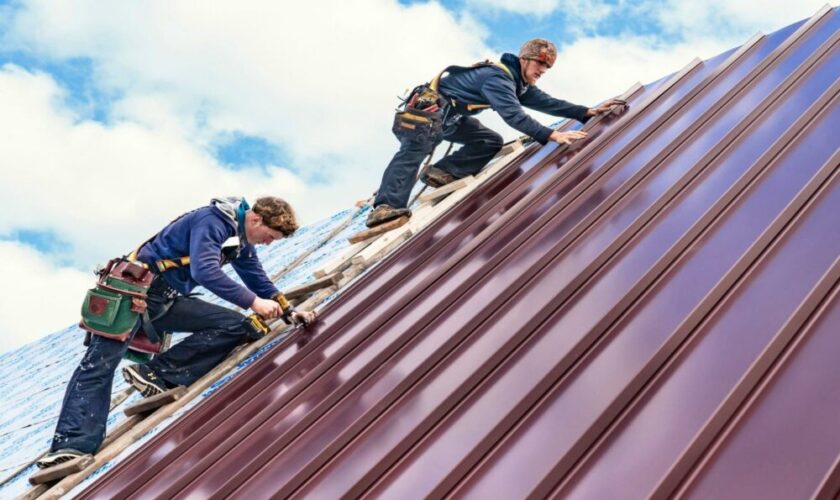During scorching summer months, a reliable air conditioning (AC) system is nothing short of a lifesaver. It keeps your home comfortable and cool, allowing you to escape the stifling heat. However, even the most dependable AC unit can encounter issues.
Let’s get started!
Top Tips for Maintaining and Repairing Your Air Conditioning System
Here are three key tips to ensure your air conditioning system operates smoothly throughout the summer and beyond, minimizing the need for AC repair.
1. Prioritizing Preventative Maintenance:
The foundation of a problem-free summer lies in preventative maintenance. Schedule regular checkups with a qualified HVAC (heating, ventilation, and air conditioning repair) technician, ideally once a year before the peak summer heat arrives.
During this checkup, the technician will perform a thorough inspection, cleaning the unit, inspecting components for wear and tear, and ensuring proper functionality.
2. Understanding Warning Signs and Seeking Prompt Repair:
Despite preventative maintenance, unexpected issues with your AC unit can arise. Being familiar with common warning signs can help you identify potential problems early on and avoid major disruptions. Here are some signs to watch out for:
- Weak Airflow: If your AC system is struggling to push cool air throughout your home, it could indicate clogged air filters, dirty coils, or a malfunctioning blower motor.
- Unusual Noises: Grinding, banging, or screeching noises coming from your AC unit can signal loose components, failing bearings, or a refrigerant leak.
- Sudden Increase in Electricity Bills: An AC unit working overtime due to inefficiency or malfunction will consume more energy, leading to a noticeable rise in your electricity bills.
- Fluctuating Temperatures: If your home’s temperature is inconsistent or not reaching the desired coolness despite the AC running, it could indicate an issue with the thermostat, refrigerant levels, or airflow problems.
If you suspect a problem with your AC unit, don’t hesitate to contact a qualified technician for prompt AC repair. Ignoring these warning signs can worsen the issue and lead to more extensive repairs later.
3. Optimizing Performance with Simple Practices:
Beyond professional maintenance, there are several simple practices you can incorporate to optimize the performance and efficiency of your AC unit. Here are a few tips:
- Change Air Filters Regularly: Dirty air filters restrict airflow, forcing your AC unit to work harder to cool your home. Replace air filters according to the manufacturer’s recommendations, typically once a month during peak cooling seasons.
- Maintain Proper Thermostat Settings: Continuously adjusting the thermostat can be inefficient. Set your thermostat to a consistent, comfortable temperature and utilize ceiling fans to create a windchill effect, allowing you to raise the thermostat slightly for improved efficiency.
- Keep Vents Clear: Blocked vents restrict airflow and hinder the AC unit’s ability to cool your home efficiently. Ensure furniture or debris is not obstructing vents in your home.
- Schedule Usage Strategically: If possible, adjust your daily routine to minimize AC usage during peak hours when electricity rates might be higher. Consider using curtains or blinds to block sunlight during the hottest part of the day, reducing the heat load on your AC unit.
